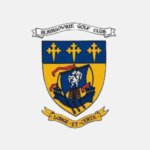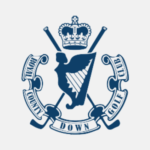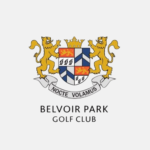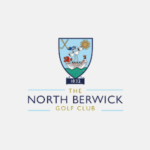Since leaving university I’ve only really had one informal interview, however I’ve interviewed hundreds if not thousands of people, all differing in seniority since then.
Interviewing is something that has grown on me over the past few years; I enjoy meeting someone new. However, my real love for interviewing comes from the challenge of untangling a candidate to gaining a clear and simple picture of who that person really is from both a professional and cultural angle.
Below I’ve listed 6 points I try to do before and during each interview I conduct:
- Concise Job Description
Ensure you have a written concise Job Description, listing the essential skills and experience required for the role you are interviewing for. This document is a road map for creating your questions.
- Study the Candidate’s CV
Know the Candidates CV like the back of your hand. You want to be able to pull figures and comments from their CV without having to refer to it in order to keep the conversation flowing. Let them know you’ve done your research!
- Type out your interview questions
Make sure you have all areas you want to cover typed out in the form of questions. Keep your interviews consistent as you may have three that day – you are benchmarking one person’s experience against the other.
- LISTEN!
The most important aspect of assessing a candidate is to listen to what they have to say. If they’re a waffler, let them waffle! All people have a different way of expressing their answers. By letting a candidate talk freely you learn so much more about their personality and whether they would fit your company culture.
- Body language
What is their body language? Do they keep eye contact? Are they mannerly? How do they carry themselves? Again, all important information to assessing whether they will be the right cultural fit for the role.
- Career ambitions
My favourite question when interviewing is asking what their career ambitions are. It’s such a simple question, however is capable of causing chaos in the candidates head. I’m looking for a structured answer, where the role I’m recruiting for plays a part in their plans.
These are 6 points I like make sure I cover when interviewing. Every interviewer is different so I’m sure won’t apply to all, however hope it might provoke thought next time you’re interviewing.
What techniques have worked for you in the past? Feel free to comment below…
I’ve also written on the topic of culture vs experience, if you would like to have a read, please do so here:
https://www.linkedin.com/pulse/experience-vs-cultural-fit-douglas-philip/
DPSM Consultants is the leading executive search firm specialising within the golf industry. If you would like to learn more, please visit www.dpsmconsultants.com
Douglas Philip – doug.philip@dpsmconsultnts.com
#GolfIndustry #DPSMConsultants #Interviewing























